Technical Reports Urban Mobility
This page lists technical reports of PIARC in the field of urban mobility. These publications are classified chronologically.
-
Multimodal Solutions for Optimizing Road Networks in Urban And Peri-Urban Areas
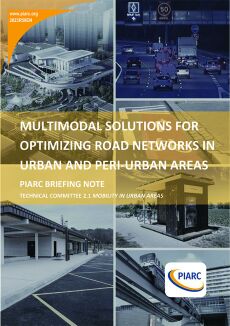
Mobility in urban areas faces complex problems which need to be managed within spatial and budgetary constraints. It is therefore necessary to optimize the use of road networks through better integration with other forms of transport (rail, active modes, etc.). Multimodality giving rise to the concept of " multimodality " . Integrated multimodal transportation systems are large in scale and high in complexity. Their effective, coordinated planning and management is a major challenge [...]
-
New Mobility and Road Infrastructure
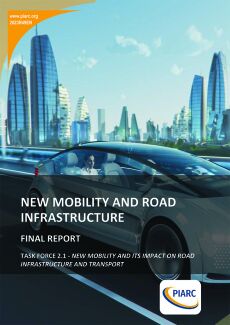
PIARC has been concerned, for some time, about the challenges and opportunities presented by Connected and Autonomous Vehicles for Road Network Operators. These were explored by two Task Forces between 2018 and 2020, and the rapid and disruptive arrival of a wider range of mobility technologies, digital and service concepts required a review and update. The new forms of mobility refer both to the new vehicle types and technologies that are beginning to circulate on streets and highways, as [...]
-
Electric Road Systems – A Route to Net Zero - Technical Report
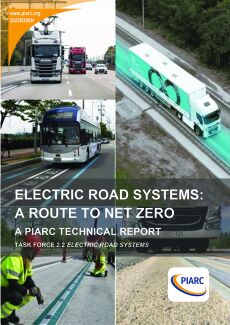
The international Paris Agreement about climate change calls for action in every aspect of the modern society. The world’s road transport sector is responsible for a considerable amount of the total CO₂ emissions, so there is an urgent need for decarbonising the road transport sector. To achieve the Paris Agreement, the road transport sector needs to work with many solutions. For example, battery electric solutions, biofuels, fuel cells/hydrogen and Electric Road Systems (ERS). ERS are systems [...]
-
Case Studies on Travel Behavior Data Collection in Metropolitan Regions - Briefing Note
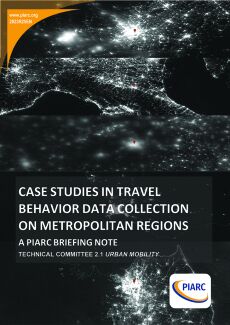
A large number of people have been gathering in and around the cities. Transport infrastructure provision and land-use regulations cause cities to expand towards their outskirts creating urban sprawl and convert rural areas into peri-urban areas. So, understanding how the burden caused by the low-density urban expansion affects the entire metropolitan area is important. We focused on household travel surveys to investigate travel behavior of the residents in the metropolitan areas. It was a time [...]
-
Evaluating Impacts of New Mobility in Urban and Peri-Urban Areas - Collection of case studies
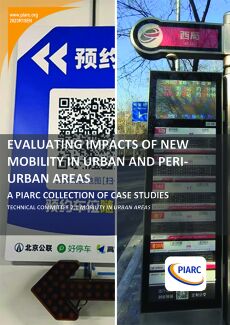
In urban areas, accessing services, education, workplaces and/or goods requires efficient mobility systems. In recent years, various transport technology developments have started to enable more efficient mobility across the world. Innovative transport solutions and sharing contracts, including new technologies, new business models, new types of infrastructure and sharing systems are being developed to maximize the effectiveness of transport systems in urban regions. Through the integration of multiple [...]
1 / 35
- Previous
- Next